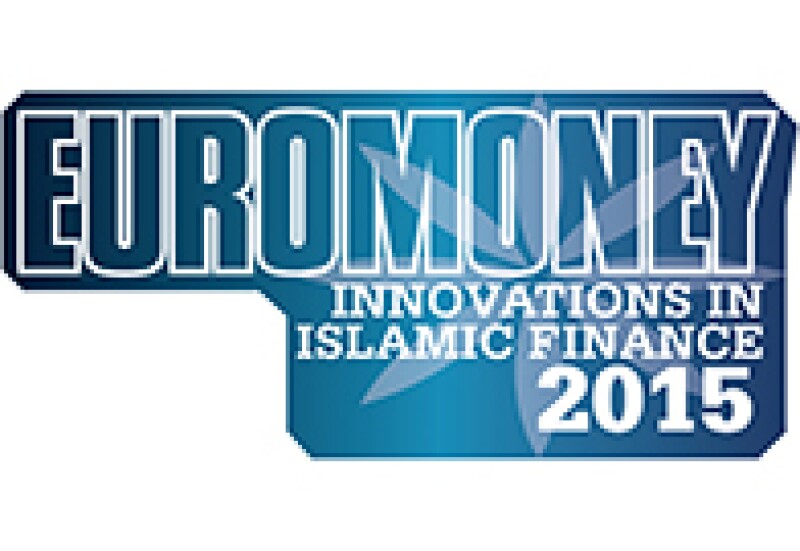
|
It’s an industry where asset growth regularly nudges 20% a year, but one that has been all but abandoned by many of the world’s biggest investment banks.
It’s a market that fosters innovation to an extent seldom found in any other area of finance – but where that same innovation can mean accusations of compromise and even deceit.
It’s a school of finance with exponential growth in the number of people seeking to study it. But one where bottlenecks in qualification and experience curtail its whole outlook.
Islamic finance is all of the above. The next World Islamic Banking Conference, in Bahrain in December, will be the 22nd; the next Euromoney Islamic Finance Summit, the pioneer outside the Islamic world, will be the 14th. We have all been talking about Islamic finance long enough now for it to be fair to take stock. How far has it come? Has it realised its potential? What challenges remain? And what must its direction now be?
“Compared to 15, 20 years ago, when people said: ‘Islamic what?’, we have made enormous progress, particularly in banking,” says Daud Vicary Abdullah, president and CEO of Inceif, the global university of Islamic finance based in Kuala Lumpur.
